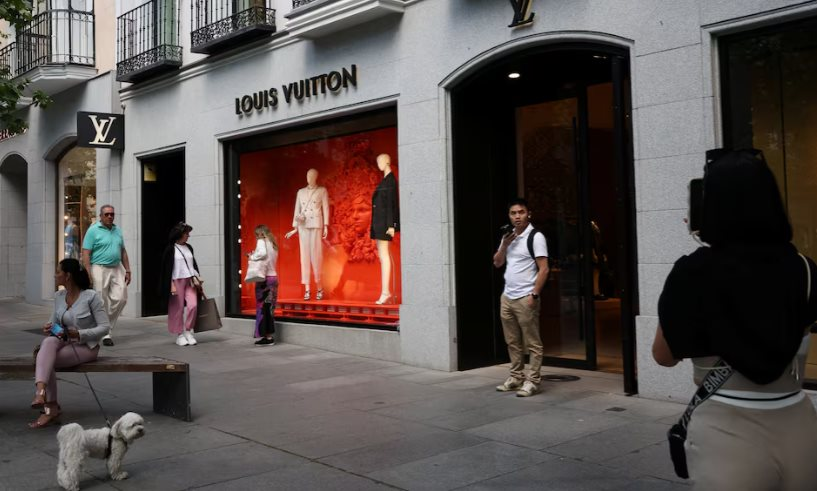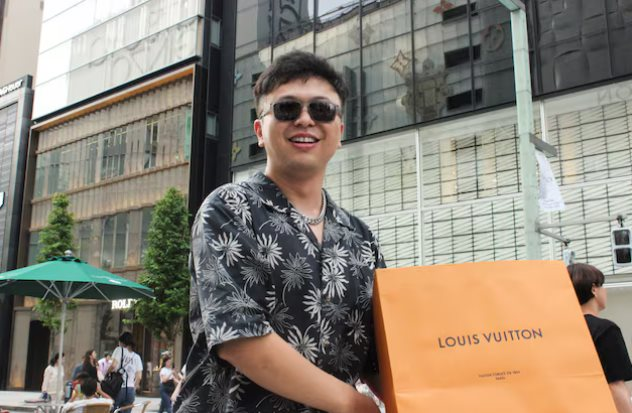
Illustration photo
Japan is experiencing a boom in tourism, particularly attracting shoppers seeking luxury fashion and accessories due to the weakened yen making prices more affordable. The yen hitting a 38-year low against the US dollar last month has created unprecedented travel demand, luring shoppers from Asia and beyond.
However, luxury brands are less than thrilled as their goods, from expensive sneakers to fine whiskey, are now significantly cheaper in Japan compared to other markets, compressing their profit margins.
Some tourists, especially those from China, are delaying their luxury purchases at home and instead, splurging in Japan. The yen’s volatility has made it challenging for companies to raise prices to accurately reflect the currency, leaving them stuck with lower profit margins in Japan.
Zhang Lei, a 29-year-old DJ from Hunan Province in China, is visiting Japan for the first time and plans to return. He has already filled two bags with Louis Vuitton products and purchased another bag from the sports brand Onitsuka Tiger, stating, “The products are much cheaper here.”

Zhang’s purchases so far include shoes and bags, and he also plans to buy a Rolex watch while prices are favorable. This trend has caught the French luxury giant LVMH, owner of high-end brands like Dior and Fendi, off guard. Their CFO, Jean-Jacques Guiony, stated, “We are seeing a big shift in business from Asia to Japan. In China, customers are not shopping at home, which is putting significant pressure on our sales, and in Japan, our profit margins are compressed due to the weaker yen.”
He expects profits to recover soon as the yen has recently strengthened following the Bank of Japan’s decision to raise interest rates.
The iconic Alma BB bag by Louis Vuitton retails for 14,800 Chinese yuan in China, equivalent to $2,050. In Japan, it is priced at 279,400 yen, which is $1,875. It was even cheaper at $1,725 when the yen was at its weakest last month.
Chinese tourists are also boosting sales of premium Japanese spirits, including for drinks maker Remy Cointreau. Luca Marotta, CFO of Remy Cointreau, noted that while sales are strong in Japan, profit margins are lower compared to other markets.
Swiss luxury group Richemont, owner of Cartier, witnessed a nearly 60% surge in sales in Japan during the first quarter, driven by tourists from China, Southeast Asia, and the US.
Japan welcomed 3.1 million foreign tourists in June, a record high compared to pre-pandemic levels. According to the government, tourist spending is expected to reach 8 trillion yen ($54.74 billion) this year. Tourism is also becoming a rare growth driver in an economy struggling with a shrinking population.
According to Reuters















